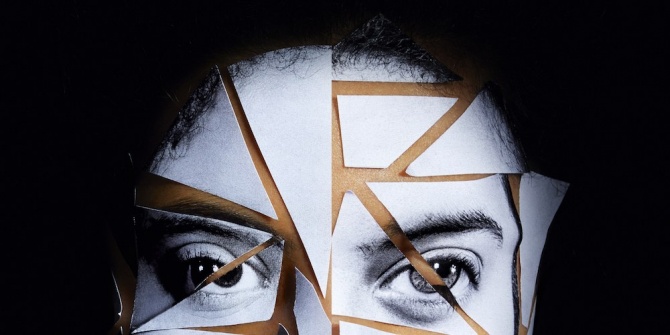Ibeyi
On their second album, the French-Cuban twins Lisa-Kaindé and Naomi Díaz make gorgeous, genre-agnostic meditations on resilience and mindful resistance.
To hear “Deathless,” from Ibeyi’s second album, Ash, is to be thrust headlong into the fearful memory of a young woman of color and feel that cold grip as instantly as she did six years ago. “He said, he said/You’re not clean/You might deal/All the same with that skin,” sings Lisa-Kaindé Díaz, one half of Ibeyi’s sister act, of the police officer who arrested her in France when she was 16. He had assumed she was a dealer or drug addict; he handled her harshly, shouted obscenities in her face, and took her purse.
There are creases in Díaz’s high jazz trill here, well-worn trails of dismay; other songs on Ash suggest the past year has deepened them. Yet she and her twin, Naomi, respond to this physical and psychic violation with generosity, echoing Solange, Dev Hynes, and other artists who have met today’s emboldened hate with meditations on resilience and mindful resistance. The French-Cuban sisters offer worldly, skyward rallying cries to the distressed that belie their youth. Their genre-agnostic musicality widens the aura of inclusion, twining downtempo electro-soul, hip-hop, jazz, and fervently slapped cajón percussion that nods to West African Yoruba culture. These are sage, heady dialogues, clearly years in the making; the hushed intimidation that opens “Deathless” sprouts into an elated mantra for civil rights warriors past and present (“Whatever happens, whatever happened/We are deathless!”), rippling over plangent sax tones from Kamasi Washington that underscore the sisters’ bedrock spirituality. (In Yoruba, “Ibeyi” is the divine spirit shared between twins.)
In Ibeyi’s parsing of grief, packed with irreducible spirit, Ash shares a through line with the pair’s self-titled debut. (XL Records owner Richard Russell produced both.) But while 2015’s Ibeyi mourned the deaths of the twins’ older sister, Yanira, and their father, the Buena Vista Social Club conguero Miguel “Angá” Díaz—praying in Yoruba and English for sanctity and peace, taking a pop-soul plunge in “River”—its successor sticks…

Comments